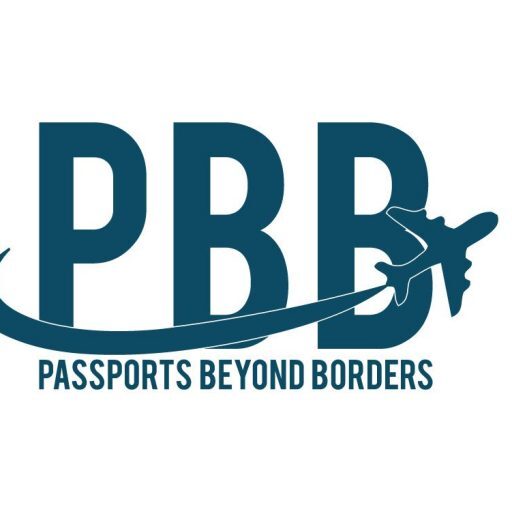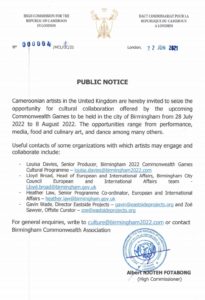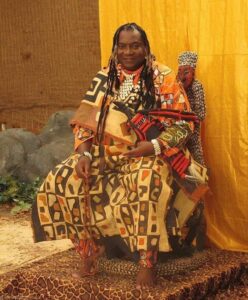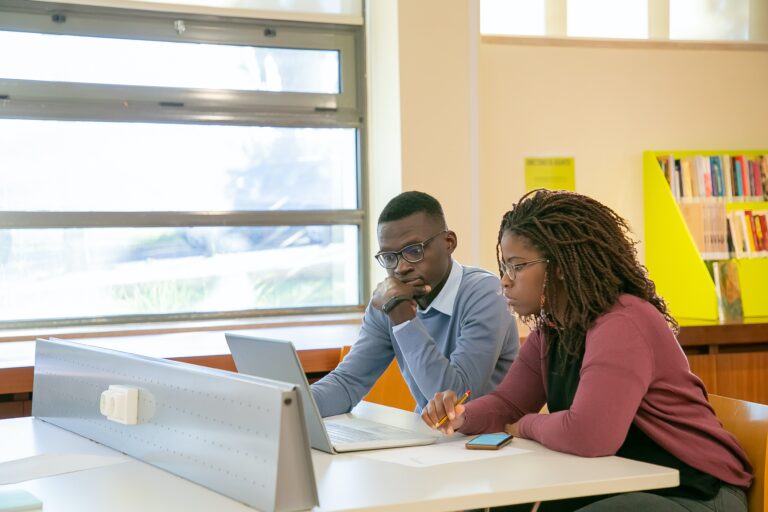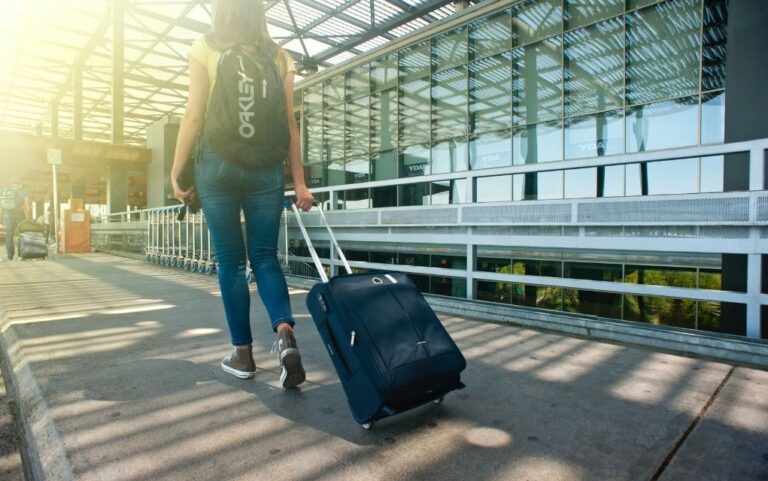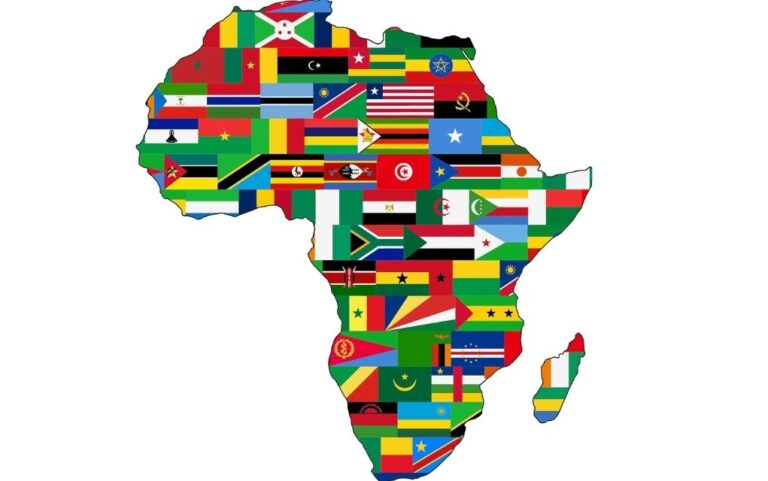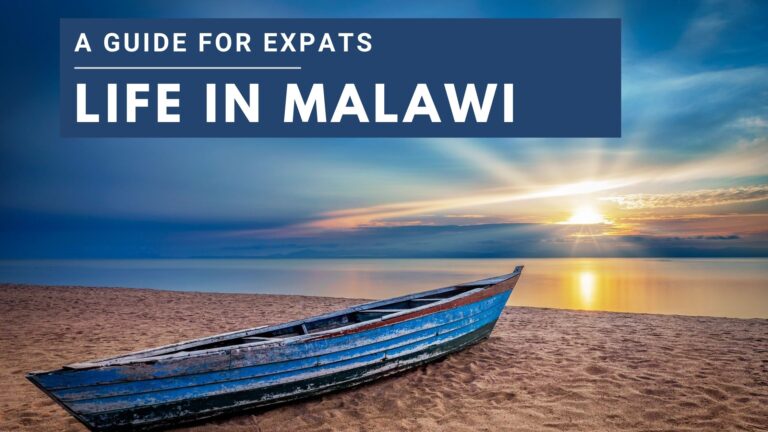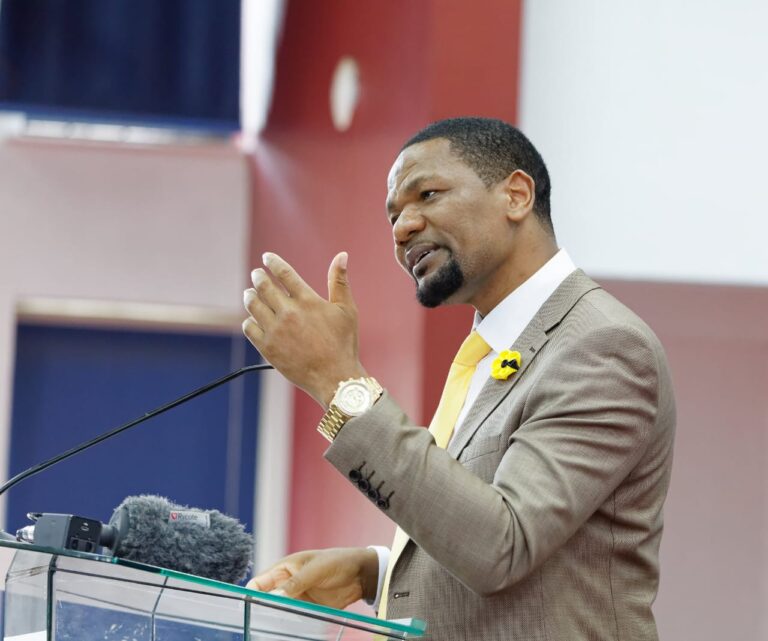The reality is that governance has been misconstrued most of the time, and I will be as realistic as I can in my discussions today. I am not going to go into abstractions but look at the realities we face every day that reflect on governance which never make it to the mainstream governance discussions. Just to give you a hint, you will hear people point fingers at inadequately capacitated institutions, underfunded institutions, ineffective policies, outdated constitutions, unpopular legislation etc., as being the bedrock of governance failures. You will hear people use terms like “a strong judiciary” as being some form of panacea to solving Africa’s governance challenges. Yet all these aspects are driven directly by human beings who carry certain attitudes, that reflect society. So then what should we be focusing on? The people and their attitudes or the policies, institutions, legislations?
This then is my take – that governance carries with it both soft and hard aspects. The soft being people’s attitudes while ‘the hard’ is the intuitional processes we like to blame. My premise will be that to address the continent’s governance challenges, we must prioritize the soft aspect.
Why? Governance is about actions and decisions whether it is policies, legislation etc., that work for or against the people. These decisions are made by people who harbour certain attitudes, and this is the crux of the matter. If we start pinning it down on traditional areas such as institutions etc., then it becomes very abstract and more of an academic exercise we have had and continue to have across the continent. And by this, we limit the discussion. So, my take is that governance is both soft and hard aspects. But quite often, we focus on the hard – expecting the hard to function optimally when the soft remains unaddressed. And this soft aspect is the people. It is our mindsets. It is more our attitudes than the hard aspects that are most visible to us which are driven by human influence. So, policies, legislations, institutions etc., do not act on their own. They are activated and driven by people.
This then is the big misnomer I would like to address today – that we cannot relegate governance to “black-box” hard aspects like institutions, legislation etc. Rather, we must cut through them and address the real issue here which is the people’s attitudes. And that these people in these institutions are drawn from our society and reflect our attitudes and mindsets as a society. As a result, we cannot take a backseat and point fingers because we are equally implicated in any governance failures in this continent. For example, when you applaud notoriety among politicians, institutions etc. as we do across the continent, what do we expect? How can notoriety deliver? These will be occupying positions to make decisions on behalf of a country, which then manifests as governance failures. The point is that the governance aspect we are supposed to focus on are both the hard & the soft – but more so the soft – because it drives the hard. And the soft is our attitudes.
In the long run, the result of governance that matters is touching people’s lives. It is socioeconomics. We want security to be able to do our businesses in an environment that we know we will not be harmed, our businesses will not be vandalized. The government then comes in to provide security. We want an enabling environment in finance such that when one takes a loan, the interest rates should not skyrocket. But these decisions that get deployed and enforced through institutions, policies etc., are taken by people. And one cannot expect the person(s) to make such decisions if they do not have a selfless attitude – an attitude of kindness & love for the people. This is governance.
You get what you deserve
How do you explain a continent that is most endowed with natural resources, taking last in nearly everything? How can we have everything but fail miserably in socioeconomic prosperity which is the desired result of good governance?
Whenever we talk of “good governance”, our default thinking is “government responsibility”. We place the onus of good governance squarely on those who occupy government positions. By extension, the blame for failures in governance is placed squarely on these same “government” people. So what is our responsibility? Do these people in government we like to blame come from outer space? Are we not from that same society that nurtures them? Don’t some of us even make long queues to vote some of them into office?
My point is that failures in governance are a by-product of failed societies. And failed societies, are a result of flawed mindsets in ordinary citizens like you and me. We citizens produce the failed mindsets that end up in positions of authority.
To make this even more relatable, let us contrast Africa’s trajectory of development with that of some countries in Asia that are by far less endowed with natural resources. And specifically, countries that started from a baseline far much lower than Africa, yet today are what you can call “light-years” ahead of Africa.
Case 1 is South Korea. In the early 60s, just as most African countries were gaining their independence, South Korea, a mineral barren country, unlike most countries in Africa that have some form of mineral wealth, had dry coffers and faced starvation. This dire situation of South Korea prompted goodwill from nations. Kenya in 1963 gave the troubled South Korea a $10,000 loan and relief food. The loan was later repaid. But today, this mineral-barren country roughly five times smaller than Kenya has an economy estimated at 15times the size of Africa’s combined economy – the totality of 54 countries in the continent. It grew its per capita income 275 times over a period of 50 years. So how did this country seemingly much more disadvantaged than most of us in Africa from the start, turn its fortunes?
The answer – maximizing on strategic industries accessible to most of its people – which was textile and clothing – for exports. So, who sent these people to work in textile & clothing? Were they whipped to work? Absolutely not. They sent themselves to work. They leveraged the existing enabling policy environment and focused on their catalytic sectors as they continued to perfect what they had. We must not always have everything to start. The lesson from South Korea is to leverage what you have and work with it as you perfect further. Sitting and waiting for miracles as we complain is not a strategy to drive transformational development.
The second case is Singapore – which in the 60s as it was gaining independence, was a struggling small country facing precarious markets, water scarcity, few natural resources, small land among key limitations in the factors of production. For 30years, this country was ruled by Mr Lee Kuan Yew its founding father. Today, this is Asia’s smallest country, which has one of the world’s most powerful financial centres with a GDP being among the highest in the world. So how did it transform? Mr Lee was not a genius economist. As a matter of fact, he was not even an economist, but a lawyer by profession. Without the productivity of the citizenry, it would have been impossible to make an economic miracle out of Singapore. As a matter of fact, Mr Lee was criticized by many for leading the country in an authoritarian style. But his authoritarian style – which would be classified as bad governance in our books, did not stop the citizenry from achieving for themselves, the desired product of good governance – which is socio-economic prosperity. A prosperity that is attracting the whole world to it.
I am giving these examples because they send a very strong message- if we do not take Africa’s transformation as a personal responsibility, just as these other nations who faced Africa’s predicament did, then we will still be talking of “bad governance” for a very long time to come. We will still be marking time. Africa is not special. As we can see from these shining examples, the only key to achieving the desired end of good governance lies in us the people, taking the personal responsibility to do right.
Building a quality populace for the fruits of good governance
The following are what I will consider the tenets of good governance that we can embrace as citizens to start healing our society, and by this, experience the desired results of good governance.
a) Heart of service Not a Heart of Disservice – I usually say that my religion is love and kindness. The unfortunate thing is whenever I say this, many do not understand. Yet love and kindness are the foundation of Christianity. When the Son of Man came, He was on a mission – going out to the people, touching lives healing the sick, teaching the truths of the Kingdom of God – in very difficult circumstances. So, what was His motivation? Love & kindness. I am not preaching here but sharing a very critical principle here – we are talking about God, the creator of heaven and earth, using this difficult route of love & service to achieve impact. What makes us, mere mortals, think that we can somehow achieve real impact in any other way?
The point then is simple, good governance will not be achieved unless we ordinary citizens adopt a heart of service in everything we do. We must be motivated and moved by the desire to touch lives in all our actions. We cannot allow self-serving, selfish interests to rule us. So, wherever you are, whatever you do, be moved by the desire to touch many lives, not serving self. The point is, you have to have love and kindness in your heart to be able to have a heart of service.
b) Impactful democracy tied to a bold realistic vision– It is said that it is not what happens during elections that matter, but that which happens between elections. Changing leaders, yet we are drawing from the same pool of people who come from a flawed society really is of little impact. I just shared the story of Mr Lee of Singapore. His remaining in power for 30 years did not stop citizens from doing that which they did in exercising their talents, gifts, abilities to drive real transformative economic development. Like all of us, Mr Lee was not an angel. He was a human being like we are. But the difference was made by the society in which he came from, and which he led. In addition, the difference was made by having a clear bold realistic vision tied to working with the people to deliver the vision. Visions are not slogans and must be tied to citizens actions. Visions, therefore, need purposeful enterprising passionate inspired discipline citizenry to sustain it.
In the same fashion, the pathway to impactful democracy that unlocks the socioeconomic fruits of good governance we all desire, starts from a transformed society that embraces a heart of service, not self-serving. So, the politics of changing leaders does not equate to the desired results of good governance which is socioeconomics.
c) People, not positions is what matters – I have heard many at times people say things to the effect that “when I get this promotion or that job, then I will do such and such. But what we neglect to realise is that what really matters is what you as a person do with what you have at hand. This world is not ideal. It is far from perfection. You will never really have these “positions” you think you need. So wherever you are, invest in yourself to improve your skills, expand them, refine them, perfect them and apply them to that which touches many lives. Forget about positions. They do not implement. It is willing selfless people who do despite positions. So be one of these willing selfless people.
d) Never equate effort as struggle – success in anything requires some form of effort. But this effort should never be equated to “struggle”. If you equate it as “struggle”, then the next thing will be that you will want to be “rewarded” for your struggles. You will want to reward yourself. This is the reason why we have people leaving school looking for jobs to “reward” their struggles in school. Yet the school was actually an opportunity to be prepared to become solutions providers. Now with this “struggle” and “reward” dichotomy, you have people who will not have the ability to be selfless, who will work to satisfy themselves, who will do the bare minimum to get a paycheque and who will perpetuate the society breeding grounds for the bad governance we see around us.
The views expressed here are those of the author and do not necessarily represent those of his affiliated institution.


